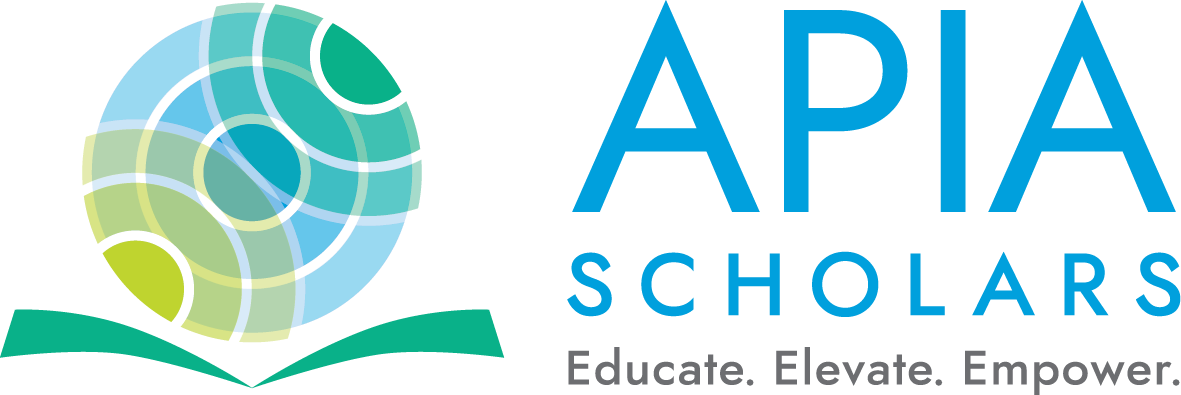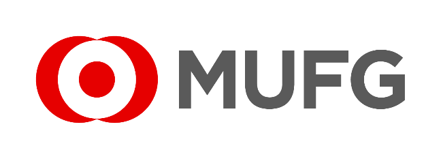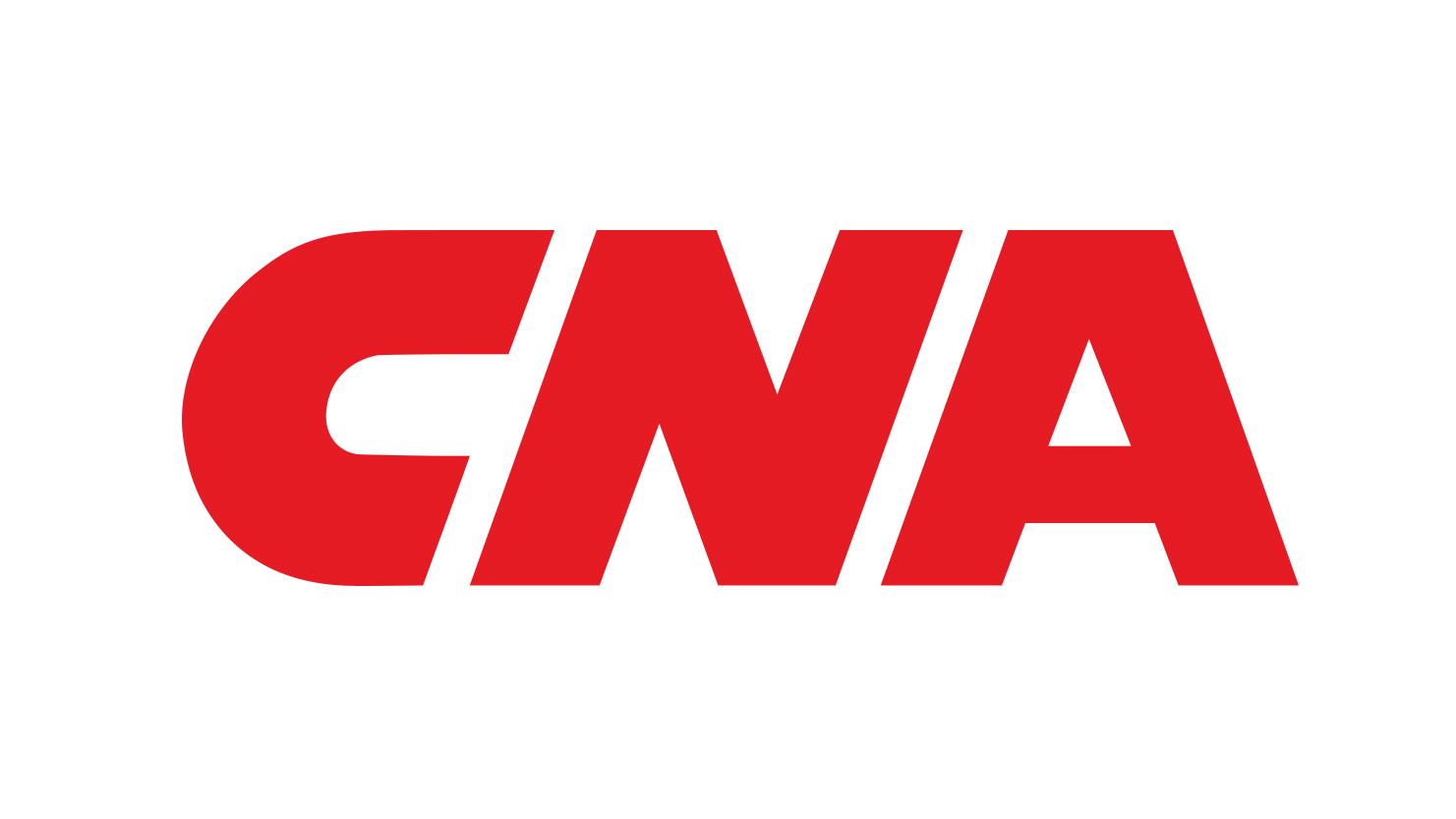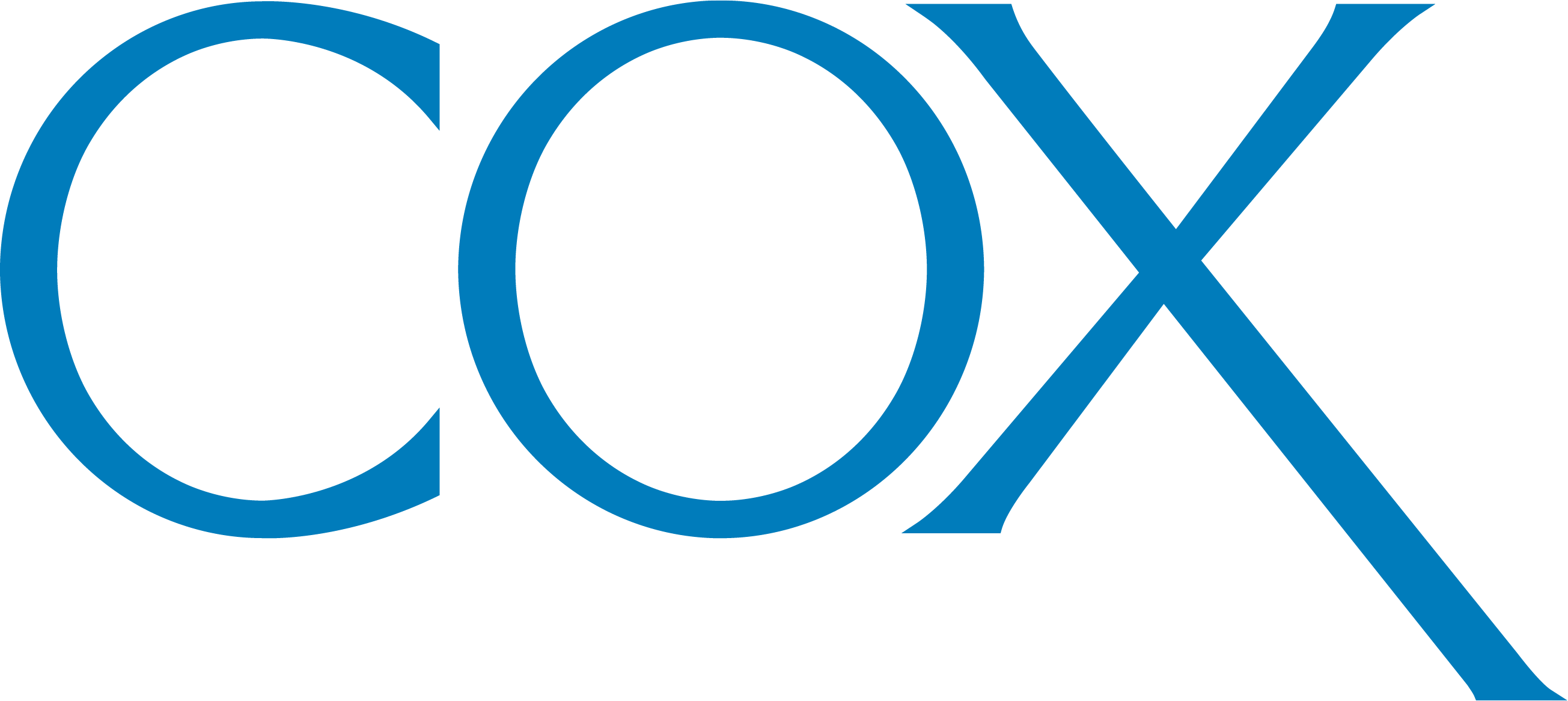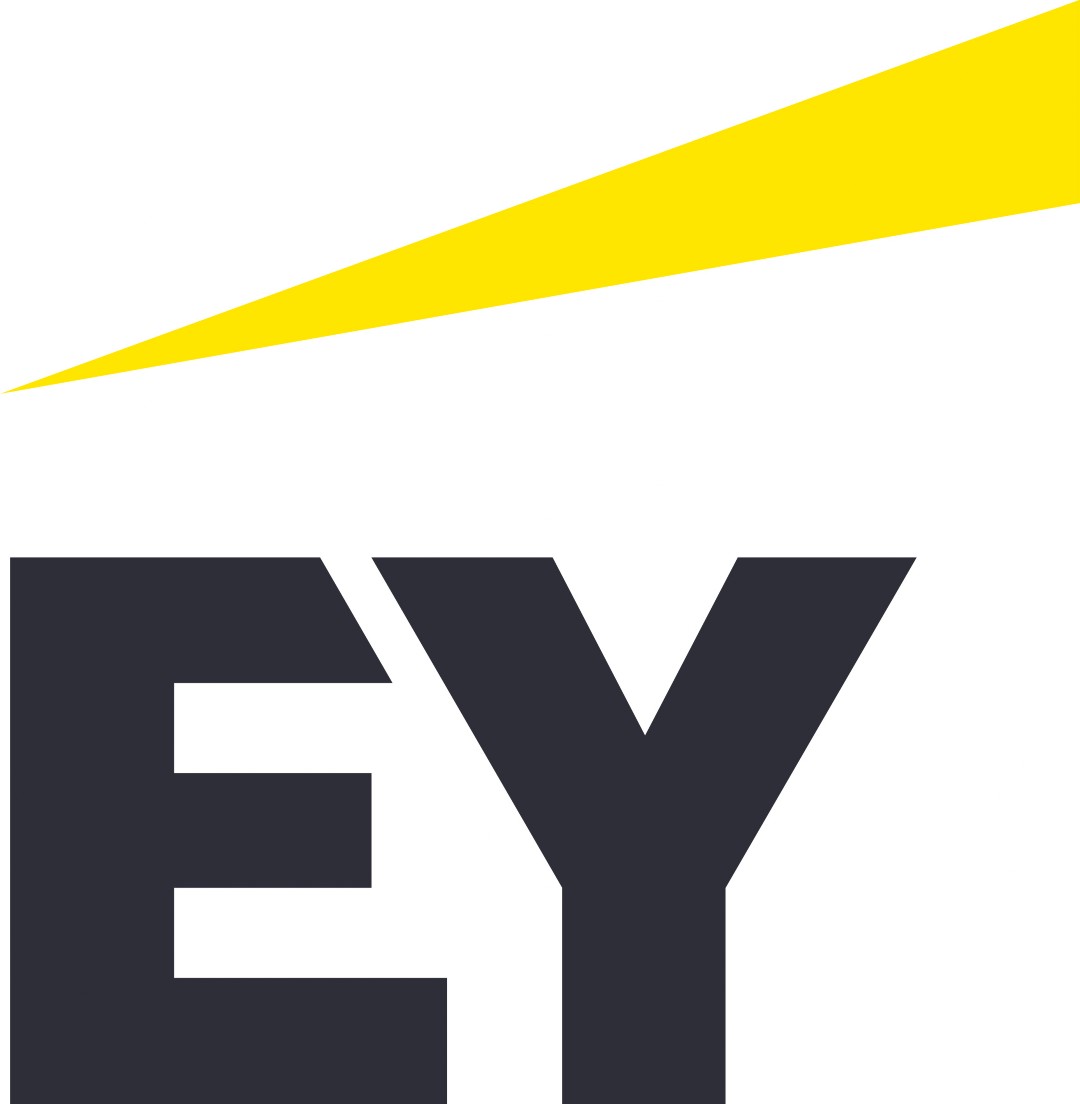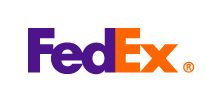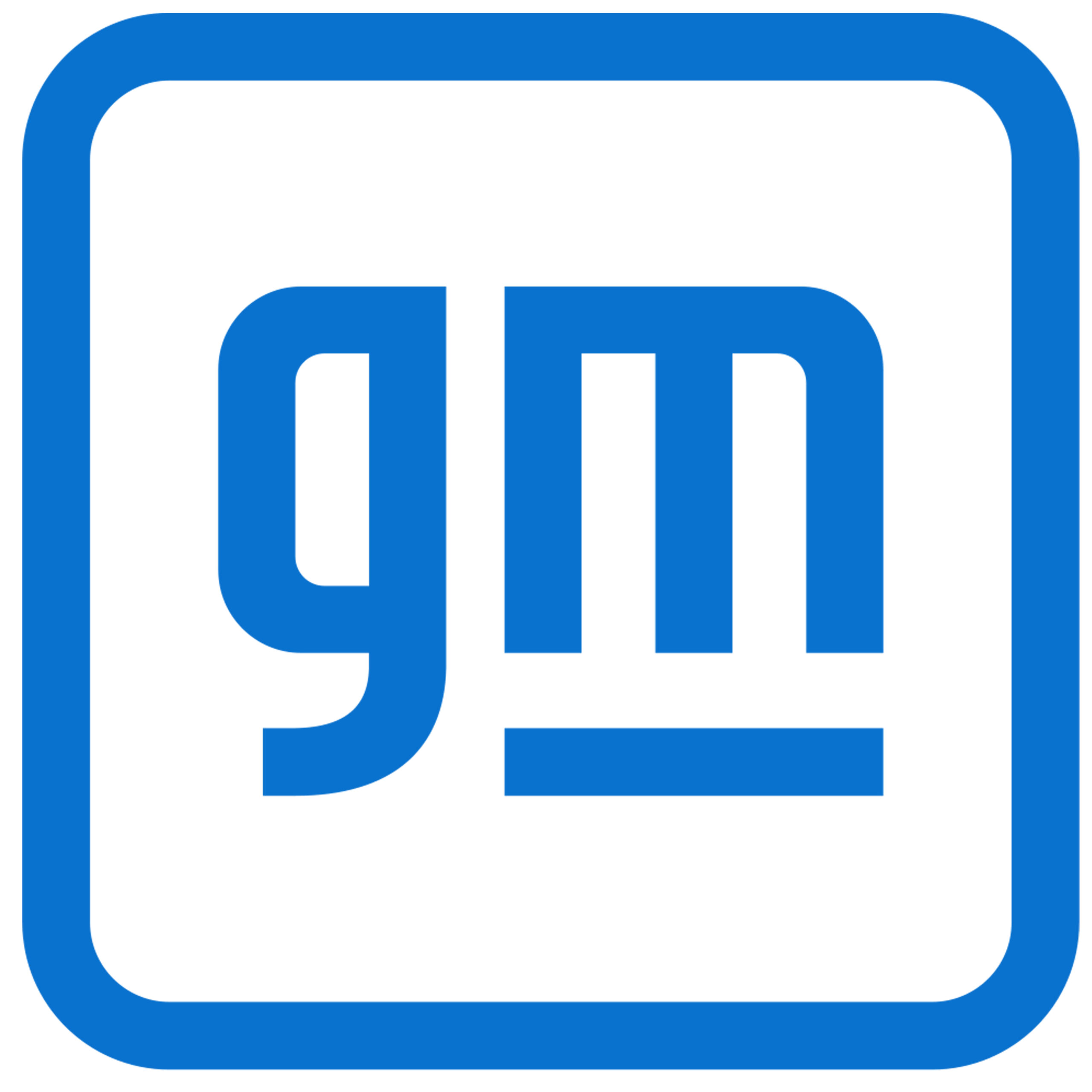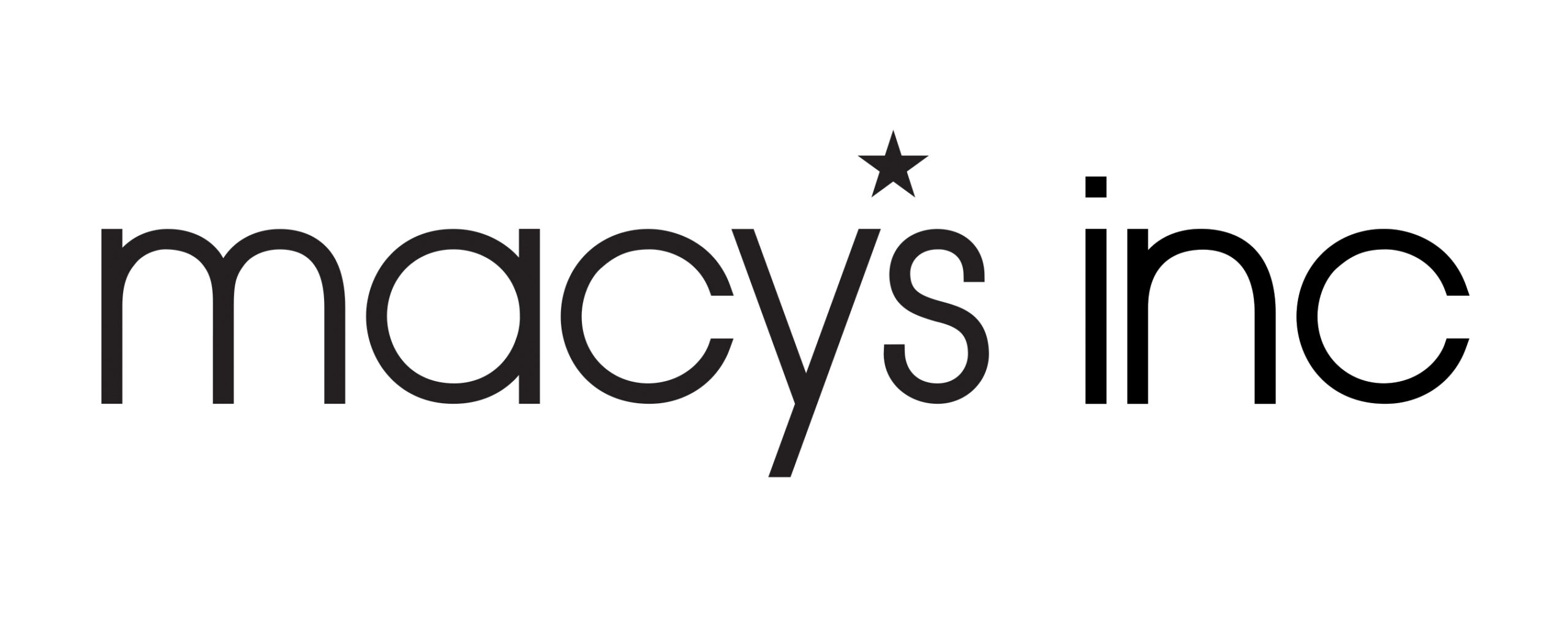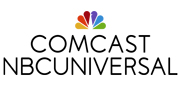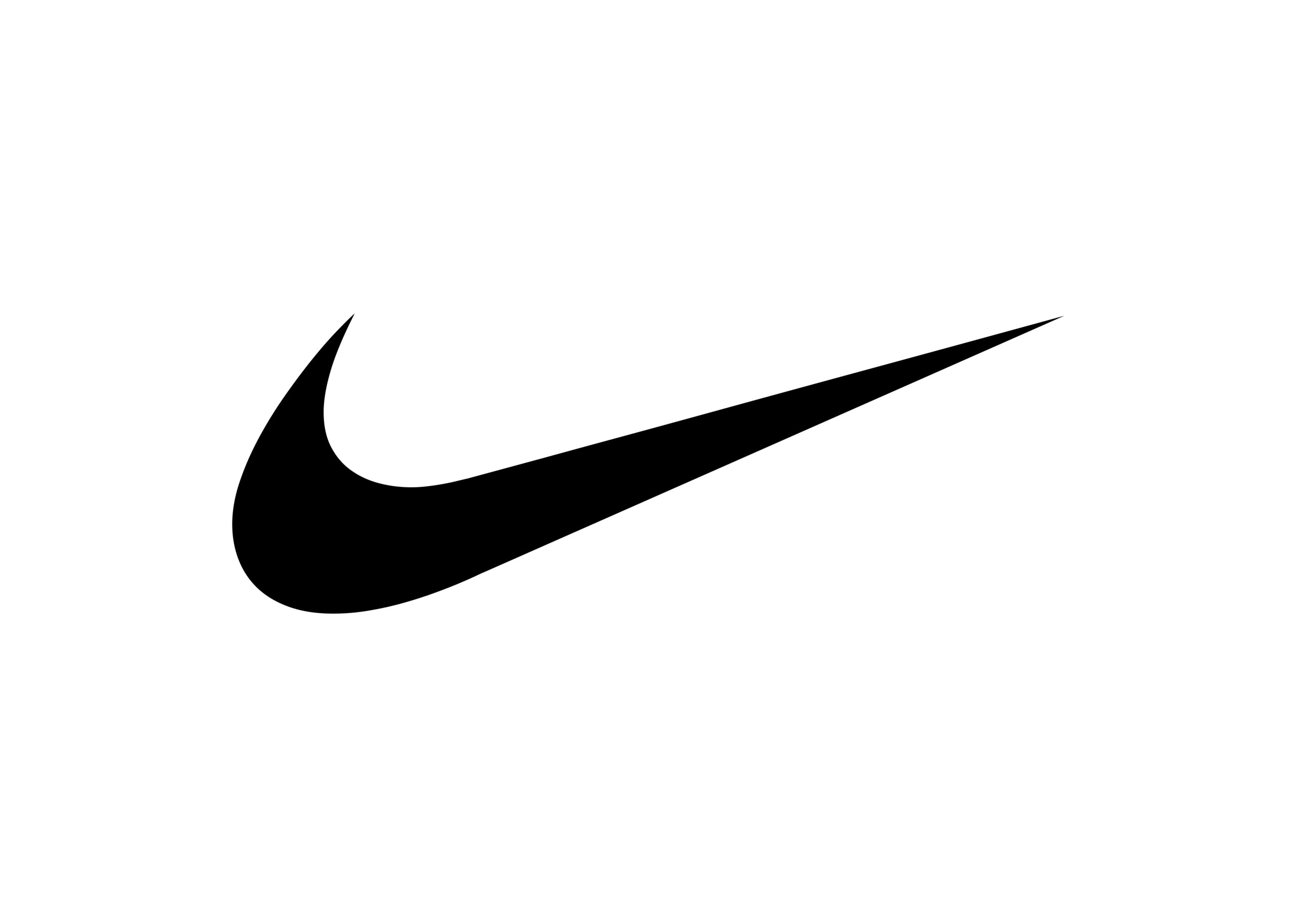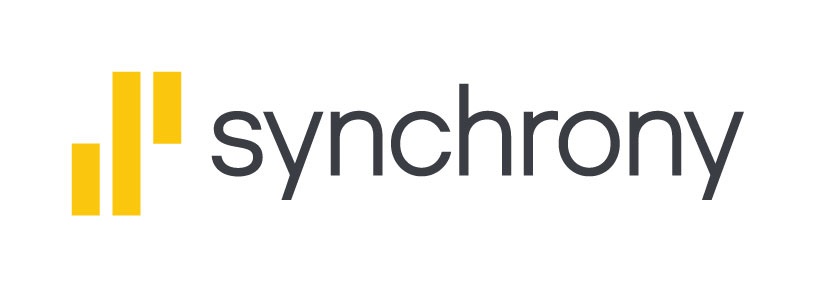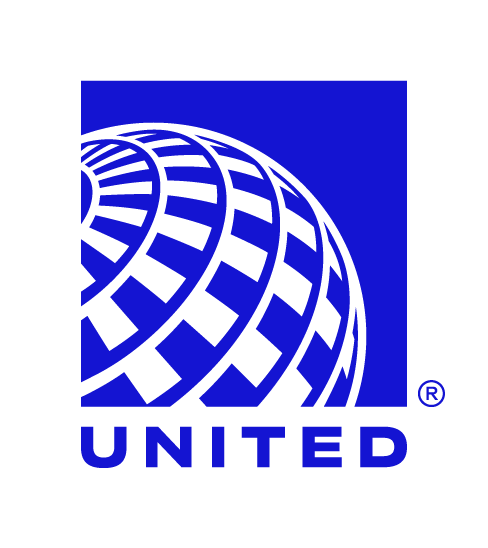CONTACT
Bryan F. Park
Marketing and Communications Manager
1850 M St. NW Suite 245, Washington, D.C. 20036
Office: (202) 715-0787
bpark@apiascholars.org | www.apiascholars.org
APIA Scholars Announces Institutional Partners for
Native Hawaiian and Pacific Islander Research Program
Co-investigative Research Program will engage institutions in the continental U.S., Hawaiʻi, and the U.S.-Affiliated Pacific Islands
Washington, DC (September 3, 2021)
APIA Scholars, the nation’s largest non-profit organization dedicated to the higher education needs of the Asian and Pacific Islander American (APIA) community, announced today eight institutional partners in its co-investigative research program focused on strengthening capacity for postsecondary institutions serving Native Hawaiian and Pacific Islander (NHPI) students.
APIA Scholars announced a Request for Proposals (RFP) through its network of AANAPISI partners in the continental U.S., Hawaiʻi and the U.S.-Affiliated Pacific Islands in June 2021. Institutions were selected based on region, institutional type, and population served. The following selected institutions include four institutions from the continental U.S. and four from Hawaiʻi and the U.S.-Affiliated Pacific Islands.
- College of the Marshall Islands
- Hawaiʻi Community College
- Kaua’i Community College
- University of Guam
- College of San Mateo
- Mt. San Antonio College
- University of Nevada, Las Vegas
- University of Washington/Burke Museum
Each institution will receive a grant to support their capacity to participate in the research. Participating institutions will form inquiry teams comprised of administrators, institutional researchers, faculty, as well as staff from admissions, financial aid, academic and student services to engage in the research process. Institutions will then participate in a Learning Community of Practice (LCoP) to share research across institutions to amplify the collective efforts to serve NHPIs students regionally and nationally. The outcome of the program is to build institutional capacity by leveraging data and applied research to improve policies and practices and build collaboration across higher education practitioners serving NHPI students.
“APIA Scholars is honored to announce our eight AANAPISI partner institutions who will engage in this important research study on NHPI student success, said Noël Harmon, President and Executive Director of APIA Scholars. “From the Marshall Islands, to Guam, Hawaiʻi, California, Washington, and Nevada, these institutions represent thousands of NHPI students and their diverse and unique experiences in higher education. In continuation of APIA Scholars’ support for NHPI students, we are excited to embark on this project to learn, grow, share best practices, and find new ways to advocate for institutions and better serve students. We are grateful to have the participation of all eight institutions and to work with an amazing team of researchers on this project. Thank you to Ascendium, Kresge, and the Nakupuna Foundation for their generous support of this project and NHPI communities.”
“Pursuing education beyond high school yields immense benefits not just for NHPI learners, but for their families and broader communities as well. This growth is why it is so important to understand the needs and barriers of these students so institutions can better support them and position them for success,” said Danielle Vetter, Program Officer at Ascendium. “APIA Scholars’ work with partner institutions will explore the intersection of race, place and socio-economic status in the context of creating opportunity for NHPI learners. However, NHPI institutions won’t be the only institutions that benefit from this work. APIA Scholars will elevate trends and promising practices that can be applied to encourage education and career success for learners from a variety of backgrounds, regardless of where they live.”
“At Kresge, we recognize the importance of increasing postsecondary degree attainment for NHPI students across the country. We also understand the many ways in which these students are underserved,” said Edward Smith, Program Officer for The Kresge Foundation’s Education Program. “Asian American and Native American Pacific Islander Serving Institutions (AANAPISIs) serve a crucial role and function in filling gaps that cultivate the gifts and aspirations of these students. This collaborative program will ultimately help make higher education safer, more responsive to – and more inclusive for – NHPI students during this challenging time and beyond.”
“Recent census data indicates that almost 90% of growth in the NHPI population over the last decade is occurring in the continental U.S.,” said Lindsay Ah Loo, Executive Director at the Nakupuna Foundation. This research program will yield important insights into the NHPI diaspora and specific challenges related to higher education. The Nakupuna Foundation commends the participating AANAPISIs for their commitment to examining factors influencing persistence and degree attainment and for seeking actionable data to strengthen and enhance their support to NHPI students.”
For more information about APIA Scholars’ research, visit www.apiascholars.org/opportunities/apia-scholars-reports. Also, follow APIA Scholars on Facebook, Instagram, Twitter, and LinkedIn.
About Ascendium Education Group
Ascendium Education Group is the nation’s largest federal student loan guarantor, a leading postsecondary education philanthropy and a provider of student success services for postsecondary institutions. Ascendium, a 501(c)(3) nonprofit organization, provides information, tools and counseling to help millions of borrowers nationwide avoid default and keep the door to re-enrollment open. Ascendium’s philanthropic mission is to elevate opportunities and outcomes for learners from low- income backgrounds so they can better achieve postsecondary educational and career success. To learn more, visit ascendiumeducation.org.
About The Kresge Foundation
The Kresge Foundation was founded in 1924 to promote human progress. Today, Kresge fulfills that mission by building and strengthening pathways to opportunity for low-income people in America’s cities, seeking to dismantle structural and systemic barriers to equality and justice. Using a full array of grant, loan, and other investment tools, Kresge invests more than $160 million annually to foster economic and social change. For more information visit kresge.org.
About Nakupuna Foundation
The Nakupuna Foundation is a non-profit Native Hawaiian Organization with a mission to support the economic advancement of the Native Hawaiian community. The Foundation promotes increased Native Hawaiian representation in science, technology, engineering, and math (STEM) industries through investments in scholarships, culturally centered STEM programs, and other initiatives that foster long-term, sustainable change. Named in honor of the late Warren Nakupuna Ah Loo, the Nakupuna Foundation owns the Nakupuna Companies, a family of businesses that specialize in providing services to government clients. Proceeds from the Nakupuna Companies directly support the Nakupuna Foundation’s mission.
About APIA Scholars
Based in Washington, D.C., Asian & Pacific Islander American (APIA) Scholars is the nation’s largest non- profit organization devoted to creating opportunities that provide access to higher education and resources that cultivate the academic, personal and professional success of Asian and Pacific Islander Americans (APIAs). These efforts include various development programs, college preparation workshops, and scholarship awards. Since 2003, APIA Scholars has distributed over $150 million in scholarships to deserving APIA students. APIA Scholars manages three scholarship programs: the APIA Scholars General Scholarship, the APIA Scholars Asian American and Native American Pacific Islander – Serving Institutions (AANAPISI) Scholarship, and the Gates Millennium Scholars/Asian Pacific Islander Americans funded by the Bill & Melinda Gates Foundation.
